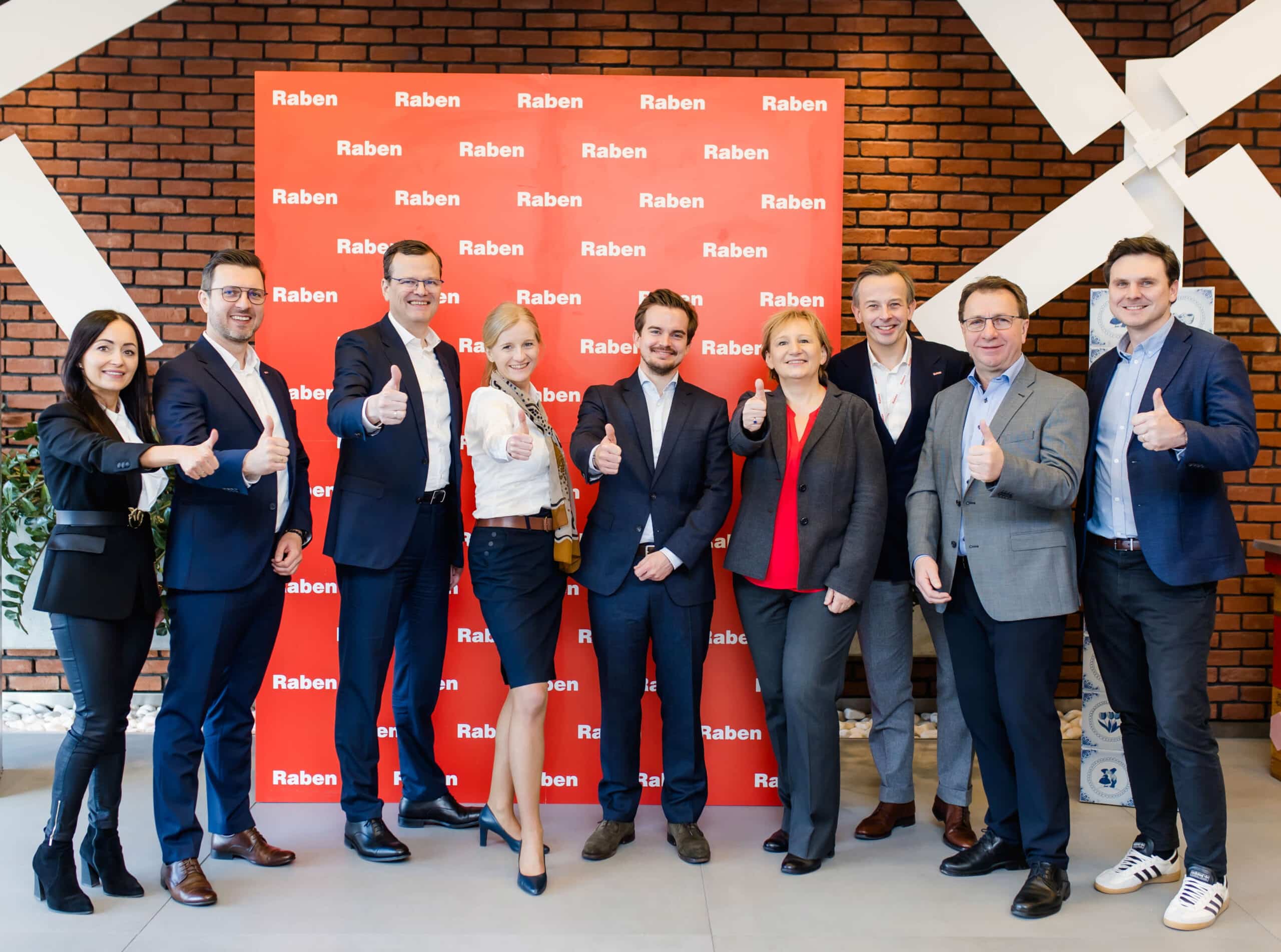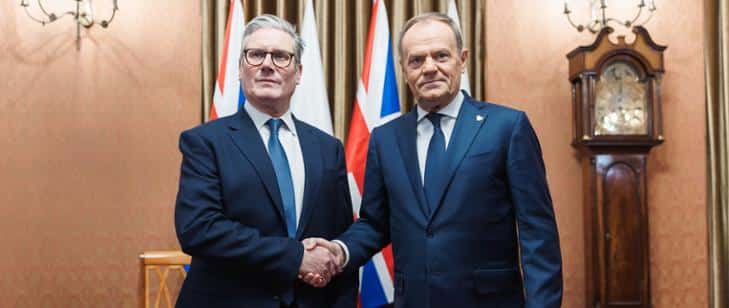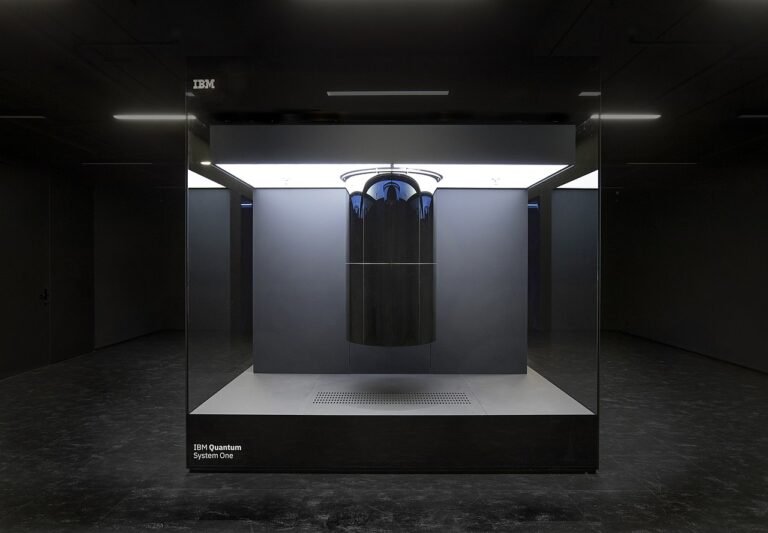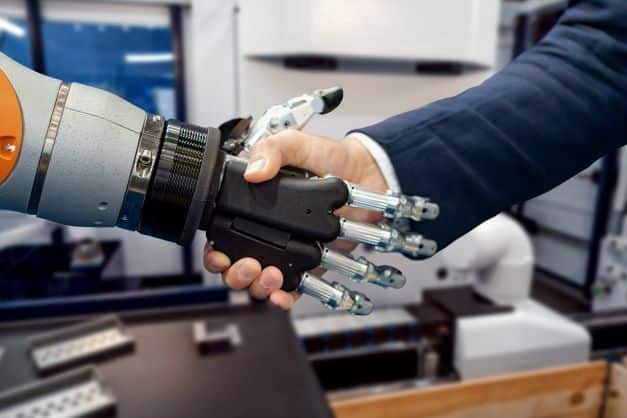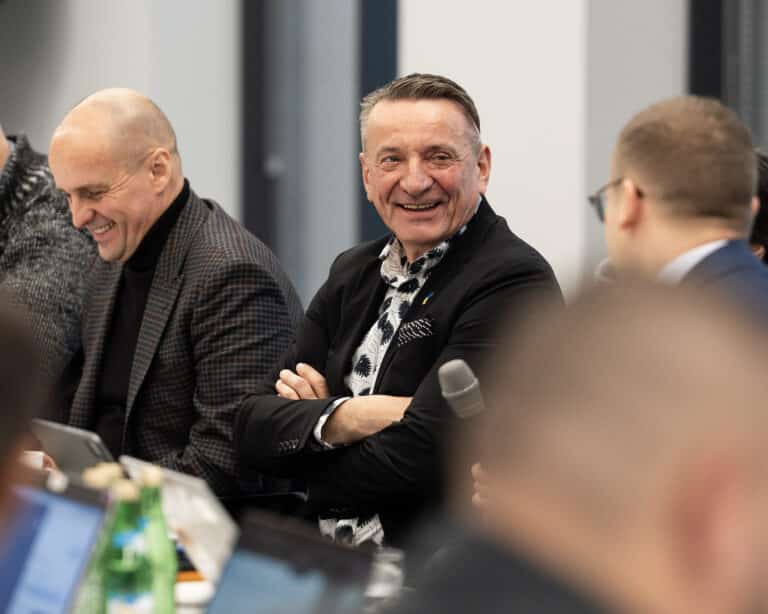Decades of Logistics Excellence
How Raben and Henkel Built a Model Partnership
In the fast-moving world of global supply chains, few business partnerships withstand the test of time. Markets shift, technologies evolve, and companies pivot to meet new demands. Yet, for Henkel Polska and Raben Group, change has only strengthened their alliance. What began as a simple customs service agreement in the mid-1990s has grown into a strategic logistics collaboration spanning Poland and beyond, proving that trust, adaptability, and shared vision are the true cornerstones of long-term success.
As they celebrate thirty years of partnership in 2025, their journey is more than a milestone—it is a testament to how businesses can scale best practices and set new standards in logistics and supply chain management.
From Customs Support to European Expansion
Henkel, a global leader in the chemical and cosmetics industry, relies on an intricate logistics network to ensure its products reach millions of consumers. From adhesives and detergents to beauty and industrial solutions, the company’s extensive portfolio demands a logistics partner capable of handling complex supply chain operations with precision and efficiency.
When Raben first started working with Henkel in Poland, its role was limited to customs services. But as the industry evolved and Henkel’s footprint expanded, so too did the responsibilities of its logistics provider. Over the years, Raben took on warehousing, domestic and international transport, and specialized services such as copacking, shaping an integrated logistics model that allowed Henkel to scale its operations seamlessly.
One of the most defining moments of this partnership came in 2019 with the opening of a high-bay warehouse in Robakowo, near Poznań. The facility was not just a storage space—it was a custom-built logistics hub designed to meet the highest safety and environmental standards, ensuring both efficiency and sustainability. It also provided scalability, a crucial element as Henkel continued to grow its market presence.
The success of this model in Poland set the stage for further collaboration. In 2021, Raben expanded its logistics services for Henkel to Hungary, where it now operates two dedicated warehouses for the company’s adhesives division. What started as a local partnership had now become a multi-country logistics network, proving that a well-built supply chain model could be successfully replicated across different markets.
The Key to Longevity: Trust and Shared Values
A thirty-year business relationship does not endure without a strong foundation. In a sector where speed, precision, and adaptability are non-negotiable, companies must align not only in operational efficiency but also in strategic outlook. For Lucyna Zaborowska-Princ, Regional Director at Raben Logistics Polska, this partnership has thrived because both companies share a commitment to trust, flexibility, and continuous improvement.
“Thirty years ago, we embarked on a joint journey with Henkel Polska, becoming part of their supply chain. Over these years, we’ve created a unique model of cooperation built on mutual trust. This anniversary is proof of how long-term commitment and a shared vision lead to outstanding results,” she reflects.
For Henkel, Raben has not been just a service provider—it has been a key enabler of supply chain resilience. Iwona Przybył, Director SCH at Henkel Polska, points out that the ability to anticipate and navigate logistical challenges has been critical to maintaining the company’s operational excellence.
“The commitment of the people working here and their pursuit of excellence have enabled us to overcome many logistical challenges. This 30th anniversary is proof of how much can be achieved through collaboration rooted in shared values,” she says.
Innovation and Sustainability: The Future of Logistics
While the past thirty years have established a solid foundation, the future of this partnership will be shaped by technological advancements and sustainability-driven initiatives.
Both Henkel and Raben are working towards a logistics model that is more agile, transparent, and environmentally responsible. Investments in advanced supply chain monitoring systems are helping them improve operational efficiency, while efforts to reduce CO₂ emissions align with broader industry goals for greener logistics. The Robakowo warehouse, for instance, was designed with sustainability in mind, setting a precedent for future infrastructure projects.
Innovation, too, plays a critical role. The companies are actively exploring digital solutions that will enhance supply chain visibility, streamline inventory management, and further optimize transport routes. The ability to adapt to shifting consumer expectations and regulatory requirements will define the next chapter of this partnership.
Looking Ahead: Scaling Best Practices for the Future
As Raben and Henkel celebrate this significant milestone, their sights are set firmly on the future. The challenges facing modern supply chains—from geopolitical disruptions to climate commitments—demand new levels of agility and foresight. Yet, if the past three decades have shown anything, it is that a strong, trusted partnership can weather even the most unpredictable shifts in the market. “Together, we are building a future where logistics becomes more agile, sustainable, and customer-focused,” Przybył says.
For three decades, Raben has been more than just a logistics provider—it has been a true partner in logistics, helping to bind all elements of the supply chain as effectively as the adhesives from Henkel’s extensive product range. As they look ahead, the collaboration between these two companies is poised not just to continue, but to evolve, setting new benchmarks for scalable, sustainable logistics solutions in Europe and beyond.

